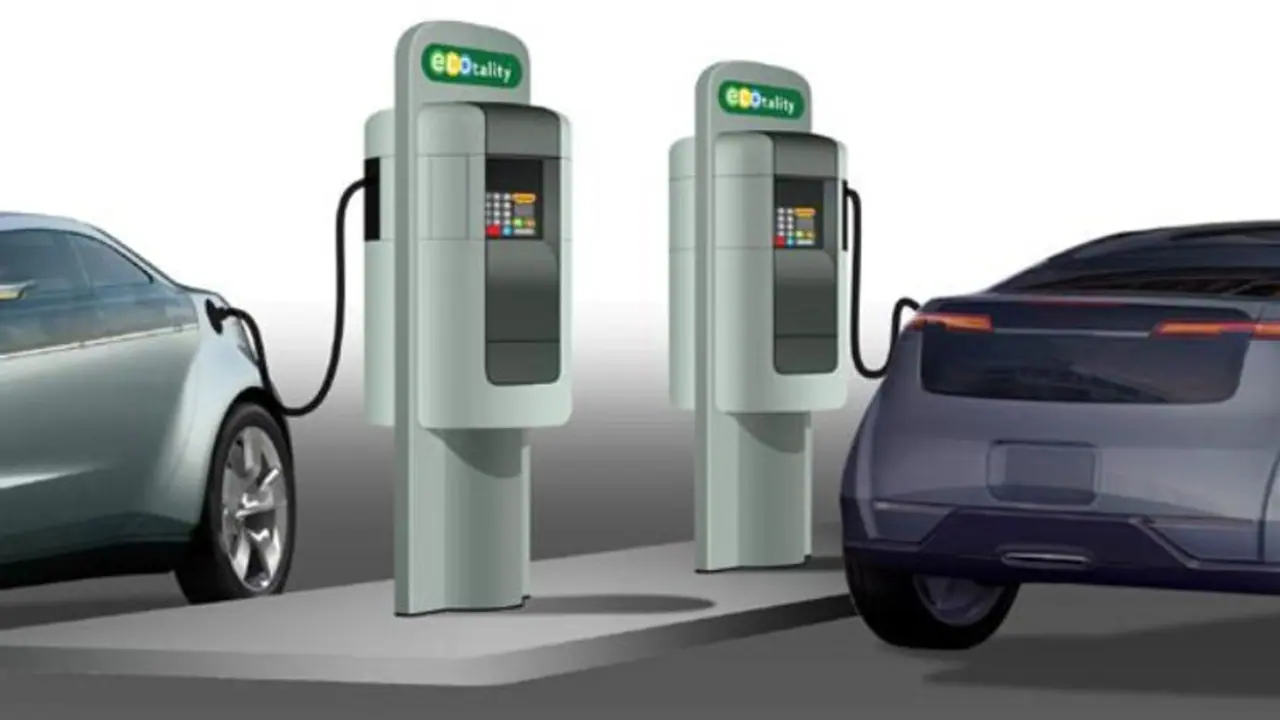As India looks to promote use of electric vehicles to minimise dependence on oil, it plans to offer $4.6 billion in incentives to companies setting up advanced battery manufacturing facilities
Bengaluru: As India looks to promote use of electric vehicles to minimise dependence on oil, it plans to offer $4.6 billion in incentives to companies setting up advanced battery manufacturing facilities, reports Economic Times.
It added that a proposal drafted by NITI Aayog, a federal think tank chaired by Prime Minister Narendra Modi, said India could slash its oil import bills by as much as $40 billion by 2030 if electric vehicles were widely adopted.
The proposal is likely to be reviewed by Modi's cabinet in the coming weeks.
it is important to note that the think tank recommended incentives of $4.6 billion by 2030 for companies manufacturing advanced batteries, starting with cash and infrastructure incentives of 9 billion rupees ($122 million) in the next financial year which would then be ratcheted up annually.
"Currently, the battery energy storage industry is at a very nascent stage in India with investors being a little apprehensive to invest in a sunrise industry," the proposal said, as quoted by the website.
India plans to retain its import tax rate of 5% for certain types of batteries, including batteries for electric vehicles, until 2022, but will increase it to 15% thereafter to promote local manufacturing, the document said.
Though keen to reduce its oil dependence and cut down on pollution, India's efforts to promote electric vehicles have been stymied by a lack of investment in manufacturing and infrastructure such as charging stations. Just 3,400 electric cars were sold in the world's second-most populous nation during the last business year, compared to sales of 1.7 million conventional passenger cars.
The policy could benefit battery makers such as South Korea's LG Chem and Japan's Panasonic Corp as well as automakers which have started building EVs in India such as Tata Motors and Mahindra & Mahindra.
